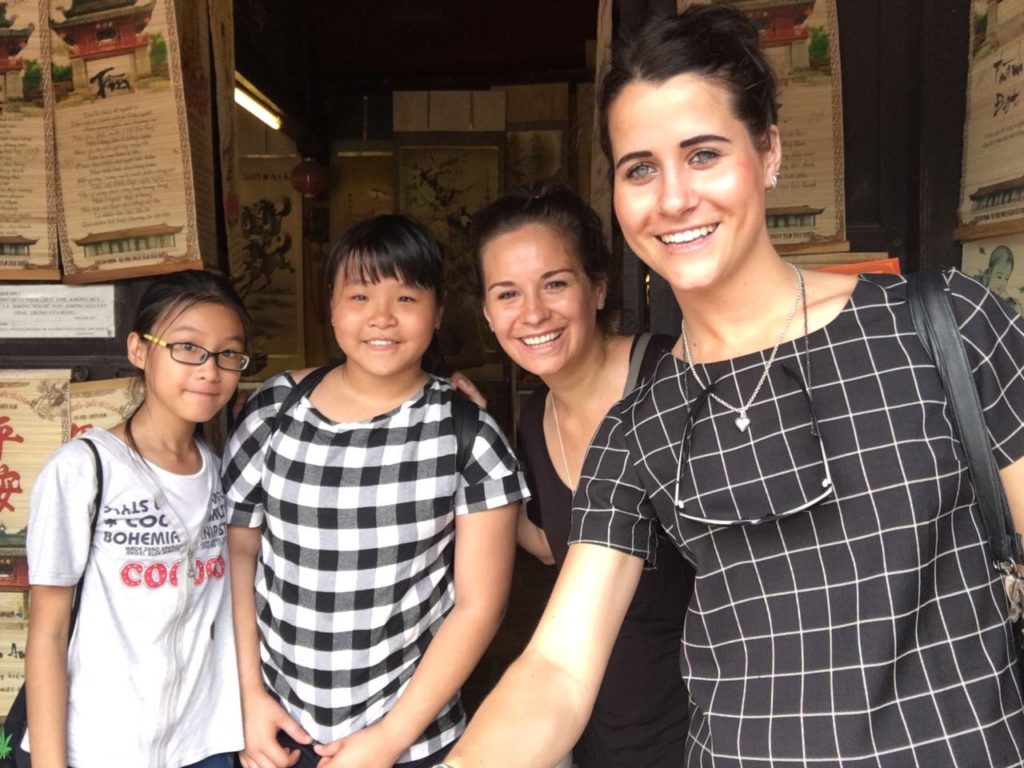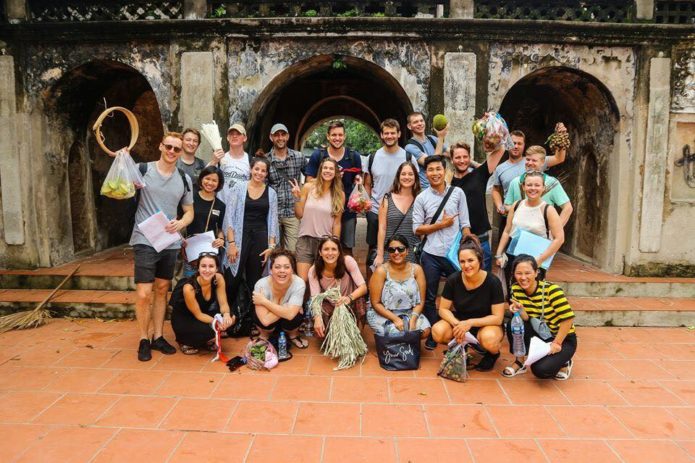
How Much Money to Save Up to Teach English in Vietnam
Vietnam has long been a backpacking mecca for people from all across the globe and there's a lot to love: intriguing and unique cultures, amazing food, some of the best scenery in the region and if you've got a year to spare and you have a degree, Vietnam is also a great place to teach English.
Vietnam-1.png?width=150&height=84&name=2%2c400+%20Participants%20(2)-1.png)










%20(5).png?width=60&height=60&name=2%2c400+%20Participants%20(Instagram%20Post)%20(5).png)






